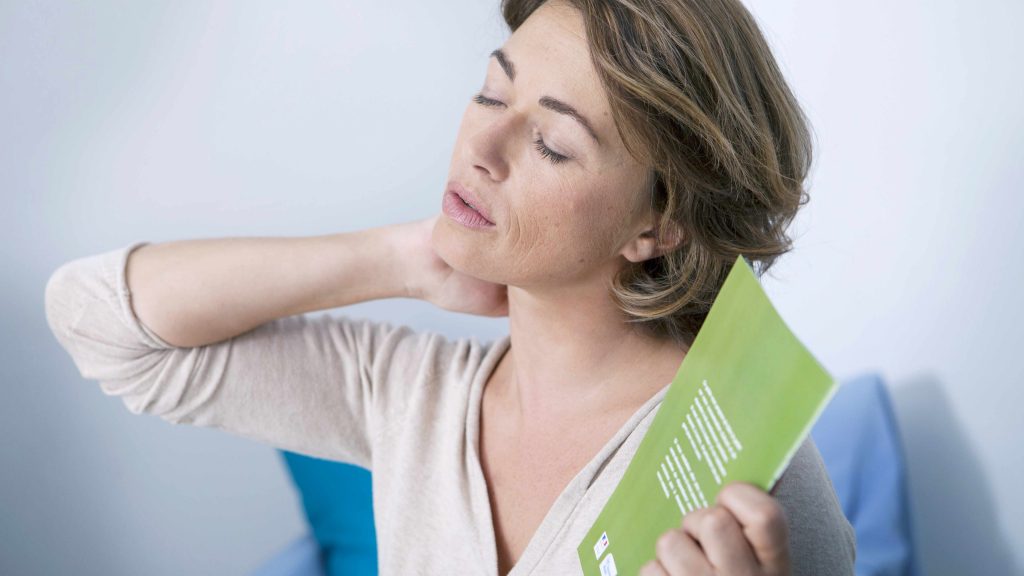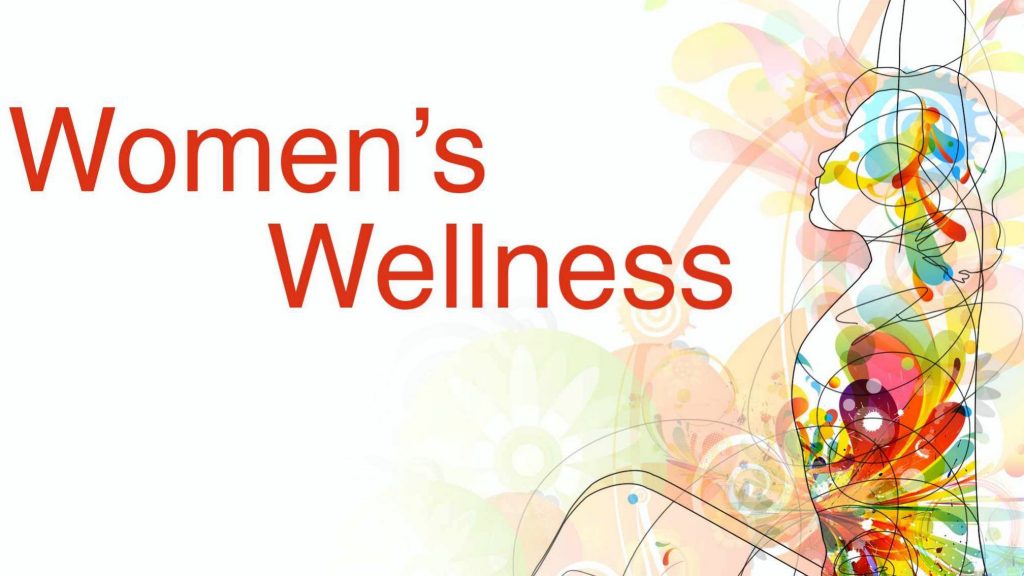-
Featured News
Can hot flashes and night sweats in menopause be treated without hormones?

SCOTTSDALE, Ariz. — No hormones? No problem.
That's how Dr. Jewel Kling, of the Division of Women's Health at Mayo Clinic looks at treating women who are having menopausal symptoms such as hot flashes and night sweats. There are many nonhormonal therapies ranging from mind-body techniques to medication that can bring relief with few or no side effects.
"We sometimes hear the question, 'Do I really need to treat hot flashes or night sweats,' and the answer for many reasons is, 'Yes,'" says Dr. Kling. "Beyond the quality of life issues, there are impacts on productivity — lost time at work and at home."
Dr. Kling says the main thing is to take the symptoms seriously and find treatments that benefit, and are acceptable to, the patient. These symptoms are significantly affecting women's lives. There also are risks of underlying or related health issues, she says.
Expert Alert: Dr. Kling is available for media interviews.
Heather Carlson Kehren, Mayo Clinic Public Affairs, 507-284-5005, newsbureau@mayo.edu
Jim McVeigh, Mayo Clinic Public Affairs, 480-301-4222, mcveigh.jim@mayo.edu
"The more we study hot flashes, we are learning that it's possible that hot flashes may represent an underlying risk of cardiovascular disease or even breast cancer. For many reasons, it would be beneficial for us to address these symptoms of menopause," says Dr. Kling.
Menopausal hormone therapy has been used to relieve menopausal symptoms, though they're generally not an option for women who are diagnosed with breast cancer, other hormonally mediated cancers or blood clot issues. Other patients simply wish to avoid hormone therapy.
Watch: Dr. Kling discusses menopause treatment options.
Journalists: Broadcast-quality video sound bites with Dr. Kling are in the downloads at the end of the post. Please "Courtesy: Mayo Clinic News Network."
There are many other options that have been proven to give relief.
Lifestyle changes
There is some evidence that weight loss may reduce hot flashes and night sweats.
"We're finding that increasing body fat during menopause is associated with subsequent menopausal symptoms, and reductions in weight and in hot flashes are correlated," Dr. Kling says.
In her practice, she has found that reducing hot flashes can be a major motivator for patients to lose weight.
"If you can talk to the patient about how losing weight may reduce these symptoms, that's a great thing," she says. "At midlife, the risk of chronic diseases, including cardiovascular disease and dementia, start to go up, so working on weight issues and other healthy habits, such as starting a healthy diet, is a win-win."
Medications
Among medications, low-dose paroxetine has been shown to have benefits for some women. Paroxetine is the only drug approved by the Food and Drug Administration that is expressly for symptoms such as hot flashes. At low doses, it doesn't appear to cause weight gain or have adverse sexual effects.
In some cases, anti-depressants such as selective serotonin reuptake inhibitors and serotonin-norepinephrine reuptake inhibitors may be appropriate, though the health care provider and patient have to weigh benefits and risks. For example, the anti-depressant venlafaxine may be appropriate for a patient who has been treated for breast cancer and is taking tamoxifen, which is strongly associated with hot flashes, especially in premenopausal women, though other options also may help.
Complementary medicine
Mind-body techniques include cognitive behavioral therapy and clinical hypnosis, both of which depend on expert guidance for success, Dr. Kling says. Some patients have found relief from mindfulness-based stress reduction techniques, such as acupuncture, yoga and meditation.
"There are many ways to help women deal with the discomfort and diminished quality of life associated with menopause," Dr. Kling says. "Women don't need to simply tough it out. They can get help."
###
About Mayo Clinic
Mayo Clinic is a nonprofit organization committed to clinical practice, education and research, providing expert, comprehensive care to everyone who needs healing. Learn more about Mayo Clinic. Visit the Mayo Clinic News Network.








